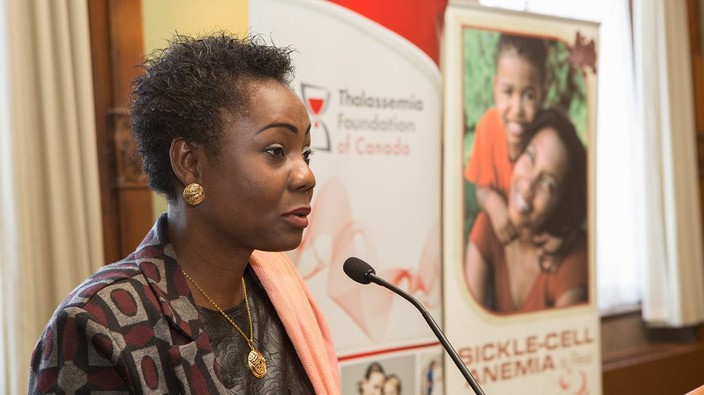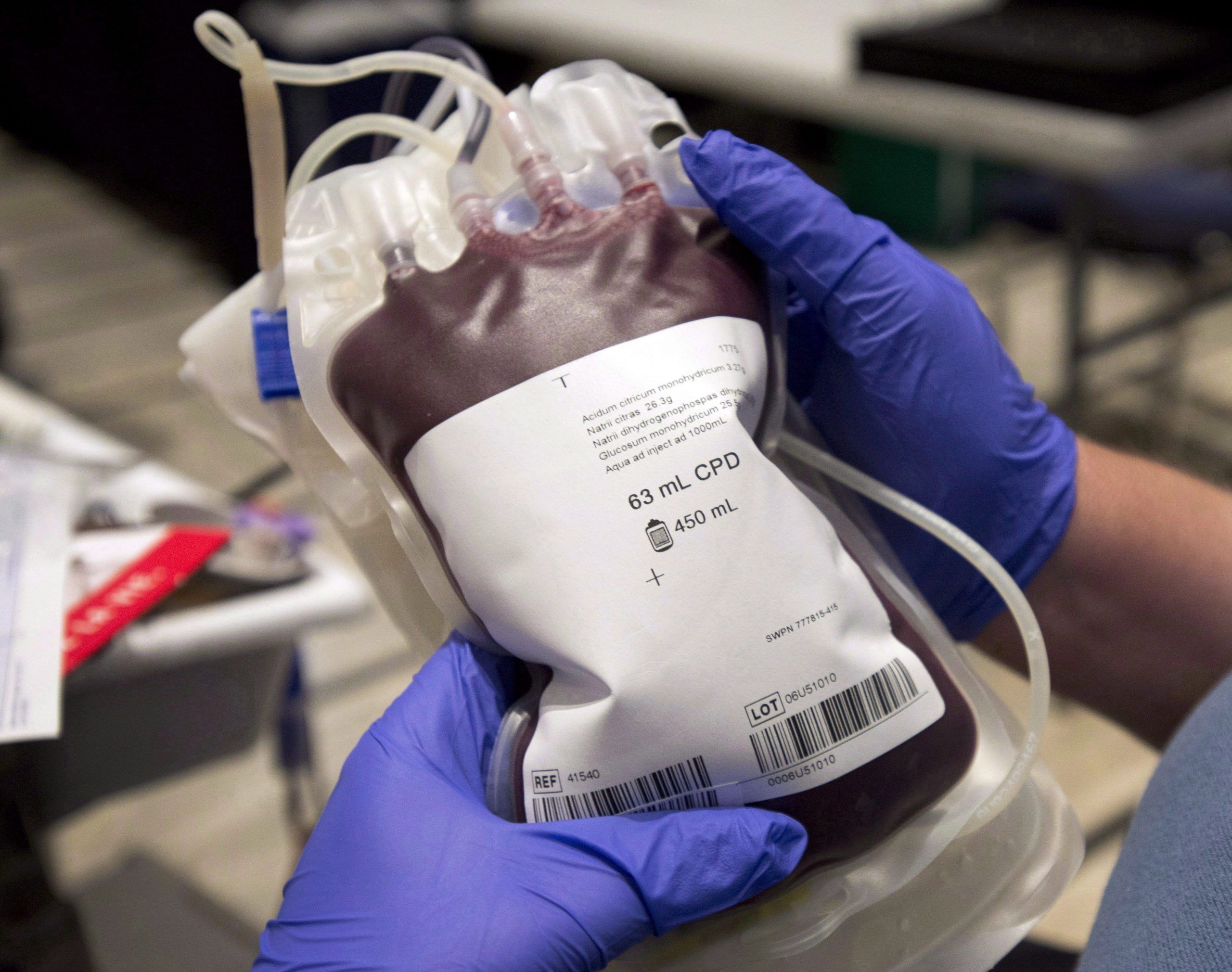breaking the cycle of racism and bias in healthcare
we were taking in 10 to 12 transfers a day from outside hospitals into st. michael's because the communities they came from were so disproportionately impacted. what we noticed was that most of these families were essential workers.
long covid and the physical disabilities that come with getting covid are going to last in these communities for years to come.we also noticed that the number of rehab beds and resources in these communities was very limited compared to neighbouring communities.
ripu minhas: our numbers showed that bipoc communities were seven times more likely to be infected by covid. entire racialized communities have really been "othered" for years, for generations, by our system.
i would treat patients and speak to families that could be my family, then i would go home and turn on the news.
isn't it time we had data on the health of bipoc in canada?
'we can’t count on a time when the government is going to step in and take care of the communities that it exploits,' says first nation policy researcher.
why are we still banning blood donations from gay and bisexual men?
it could take three years for health canada to review and approve the canadian blood services application for a change in blood donation criteria.
 5 minute read
5 minute read









